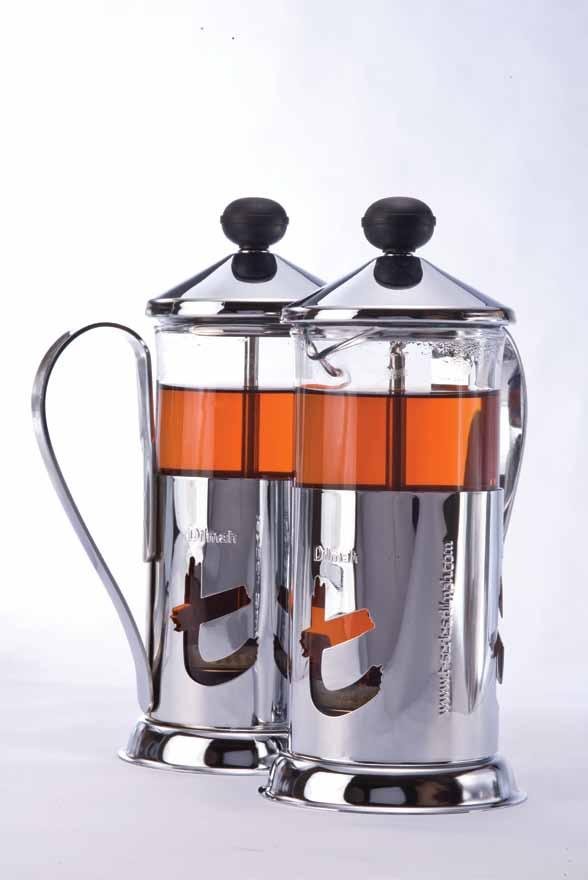
1 minute read
choosing water for tea
how can one find out which water is good for brewing tea?
Usually the back of each bottle of water carries a label with an enumeration of elements that can be found in the water it contains. For instance calcium is found in almost every brand of bottled water although in varying quantities. Calcium has a direct effect on your cup of tea, as it will cover up the aroma and make the colour of the infusion look rather dull. Therefore, one of the first things to look at when choosing water is to check for a low amount of calcium. Spring water from a mountainous area usually contains more calcium than spring water from an area on sea level, but each brand of water has a unique composition.
Another important figure is the amount of dry residue in the water. Dry residue consists of the minerals that do not evaporate during the boiling process. A low amount of dry residue - anything between 40 - 150 parts per million - is considered to be good for tea. Remember this is not a quality norm for water but a quality norm for tea. Mineral waters often famous for their taste or their health benefits, and considered to be top quality, could be unfit for brewing tea because of their high mineral content.
In general the clearest water with the least amount of minerals is the water one wants for tea. Or to repeat the words of the world’s first water sommelier “the most tasteless, clearest, neutral water is often perfect for tea”.








